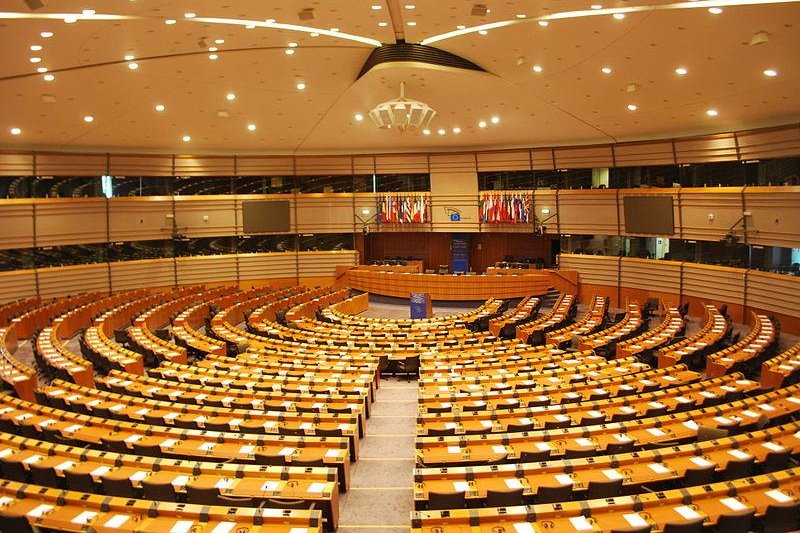BRUSSELS, May 26 (UPI) -- The results are in for European Parliament elections, and the votes illustrate a growing frustration with economic austerity measures undertaken in response to the global economic crisis.
Although pro-European Union parties are expected to retain the majority of the 751 seats in the new legislature, anti-EU and far-right parties made significant electoral gains.















